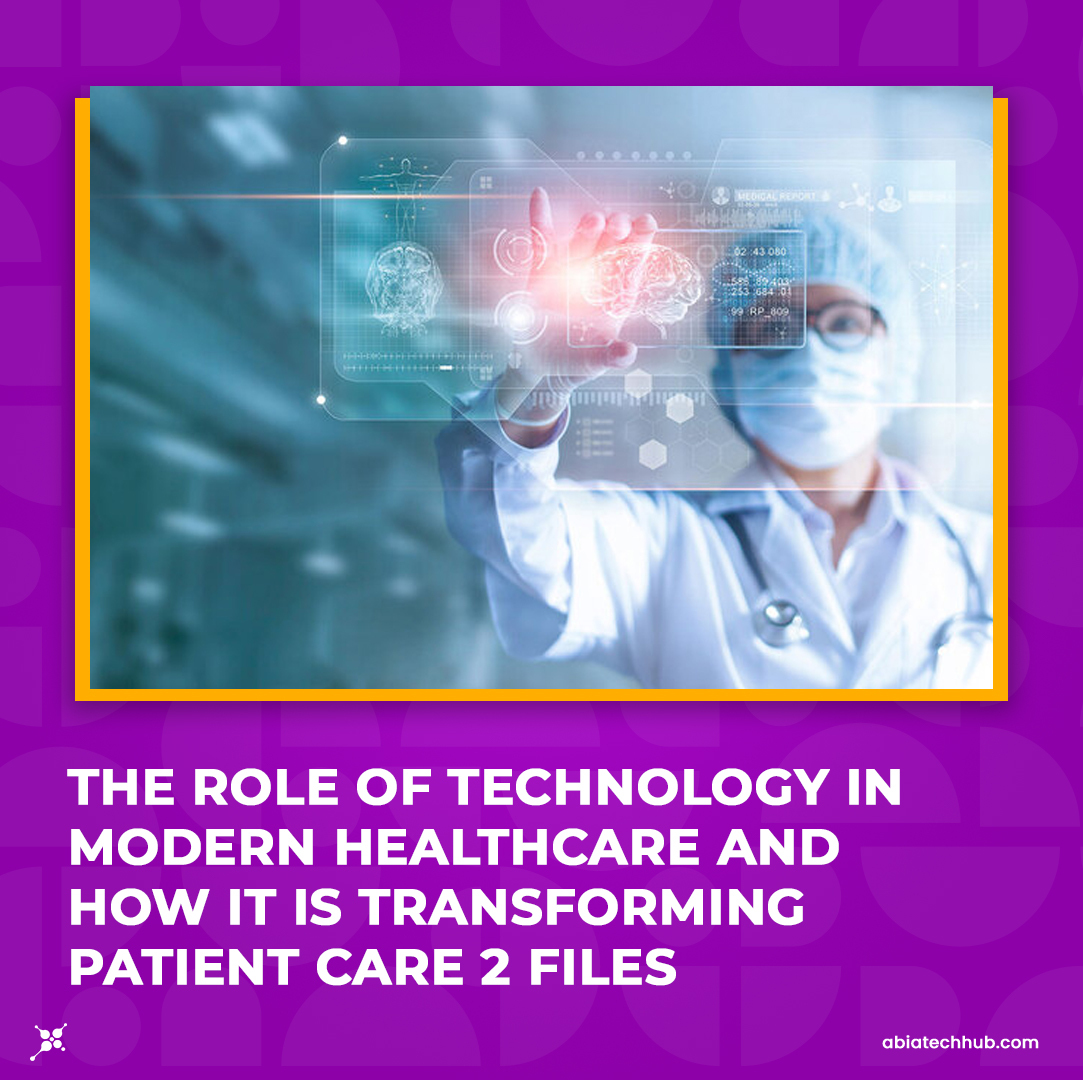The Role of Technology in modern healthcare and how it is transforming patient care
In recent years, the healthcare industry has been transformed by technological advancements that have revolutionized the way medical professionals diagnose and treat patients.
From telemedicine to wearable devices, technology has made it easier for patients to receive personalized care, while also improving efficiency and reducing costs for healthcare providers. In this blog post, we'll explore the role of technology in modern healthcare and how it is transforming patient care.

Telemedicine
Telemedicine, also known as telehealth, is the use of telecommunication and information technologies to provide healthcare services remotely. This can include virtual consultations, remote monitoring, and digital diagnosis. Telemedicine is especially useful in areas where access to healthcare is limited, or for patients who are unable to leave their homes due to physical or geographical barriers. It can also reduce the need for in-person visits, freeing up time and resources for both patients and healthcare providers.
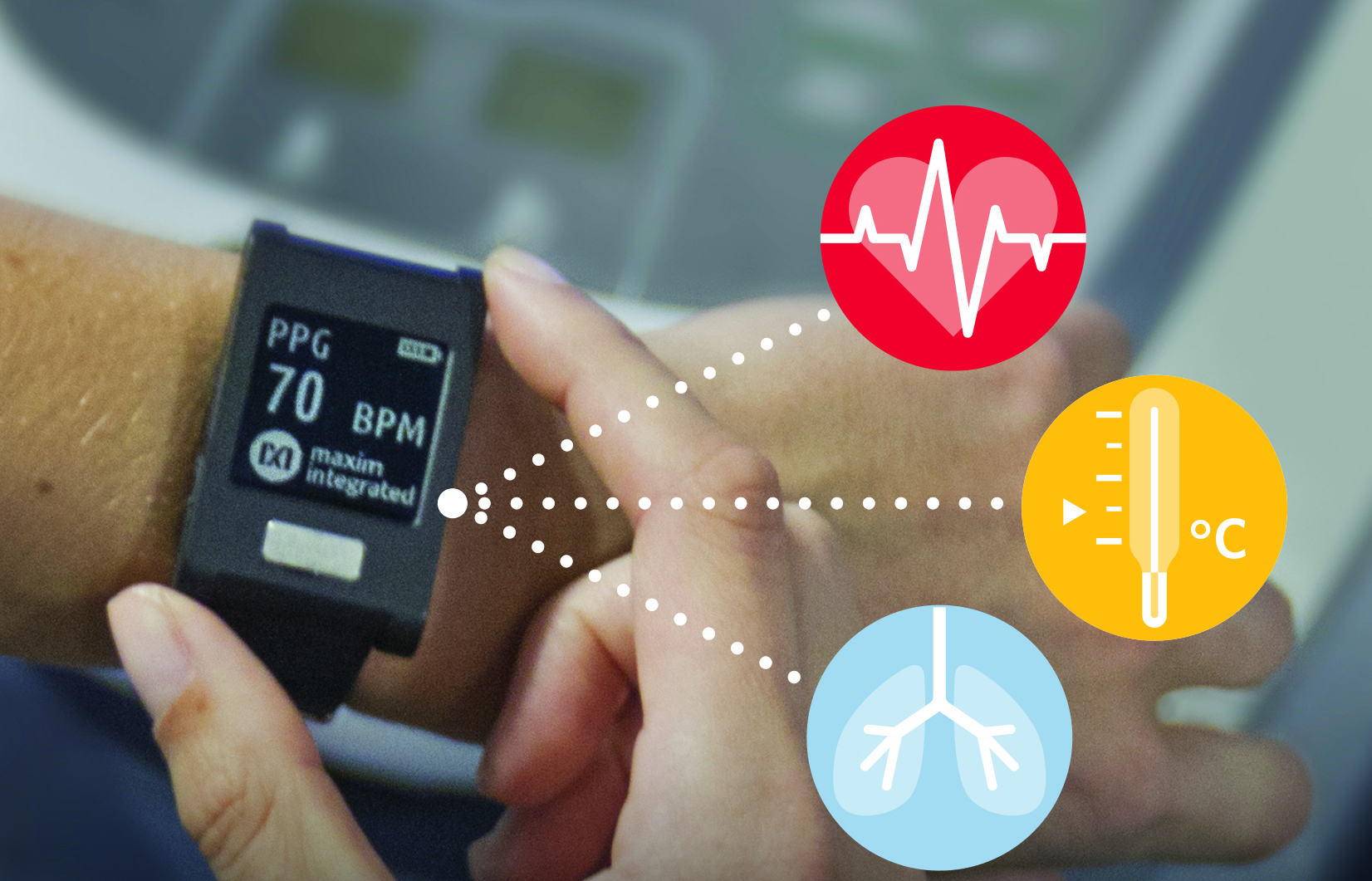
Wearable devices
Wearable devices, such as smartwatches and fitness trackers, have become increasingly popular in recent years. These devices can monitor a wide range of health metrics, including heart rate, sleep quality, and physical activity. By collecting this data, healthcare providers can gain a more comprehensive understanding of a patient's health and develop personalized treatment plans. Wearable devices can also help patients take a more proactive approach to their health by tracking their progress and providing motivation to make positive lifestyle changes.
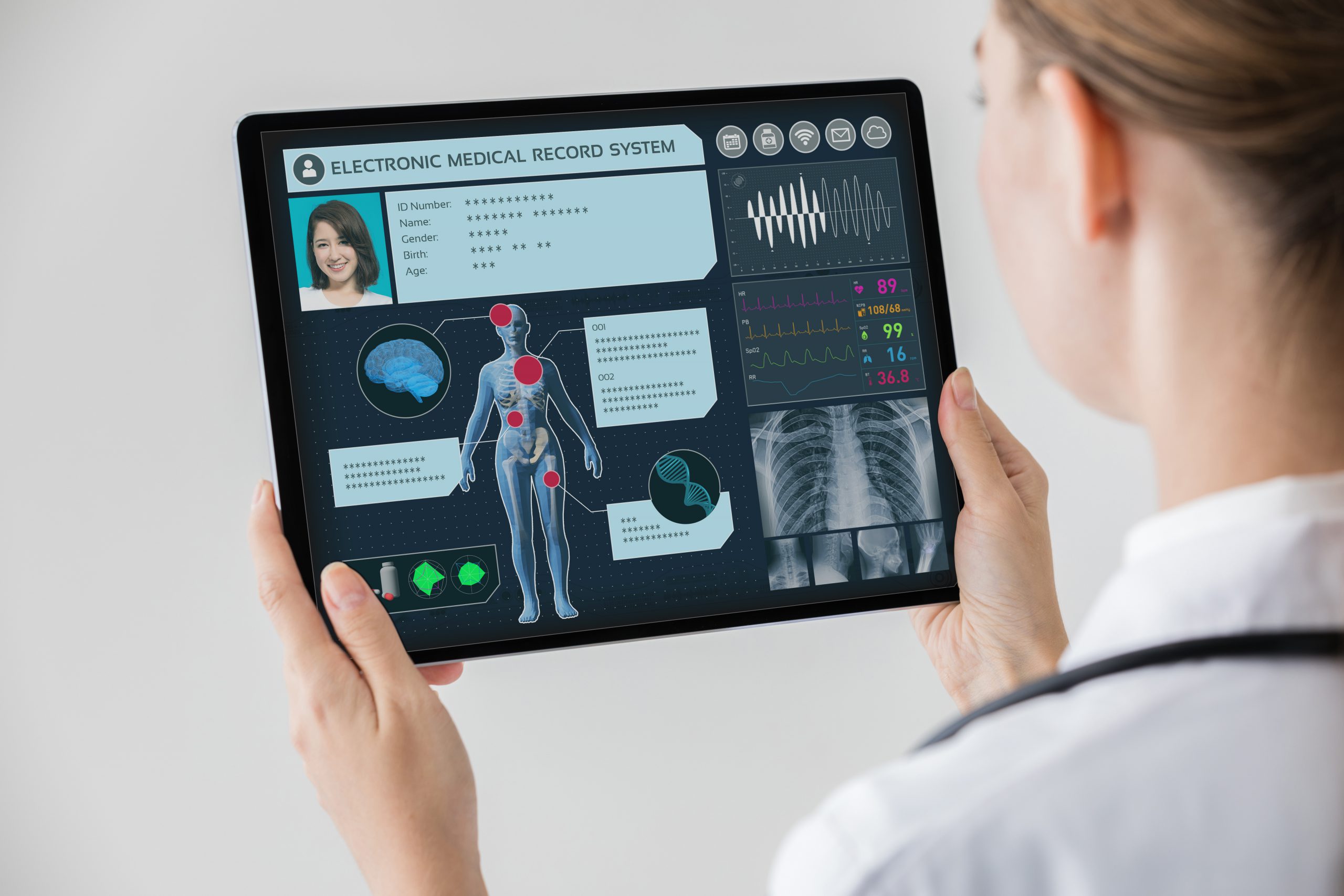
Electronic health records (EHRs)
Electronic health records (EHRs) are digital records of a patient's medical history, including diagnoses, medications, and test results. EHRs can be accessed by authorized healthcare providers, providing a more complete picture of a patient's health and making it easier to coordinate care across multiple providers. EHRs also improve efficiency by reducing the need for paper records, making it easier to share information, and reducing the risk of errors.
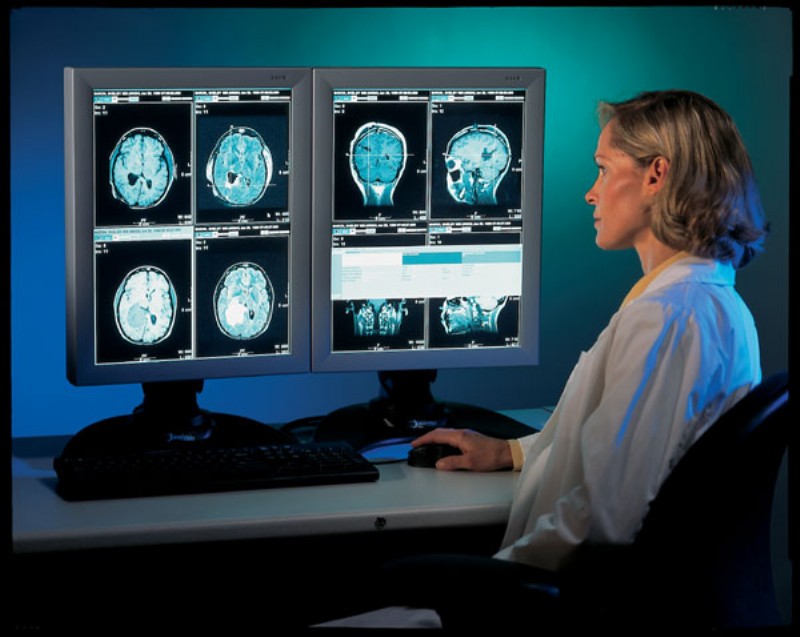
Medical imaging technology
Medical imaging technology, such as X-rays, CT scans, and MRIs, has also undergone significant advancements in recent years. These technologies can provide more detailed and accurate images, allowing healthcare providers to detect and diagnose conditions earlier and more accurately. This can lead to more effective treatment plans and better patient outcomes.
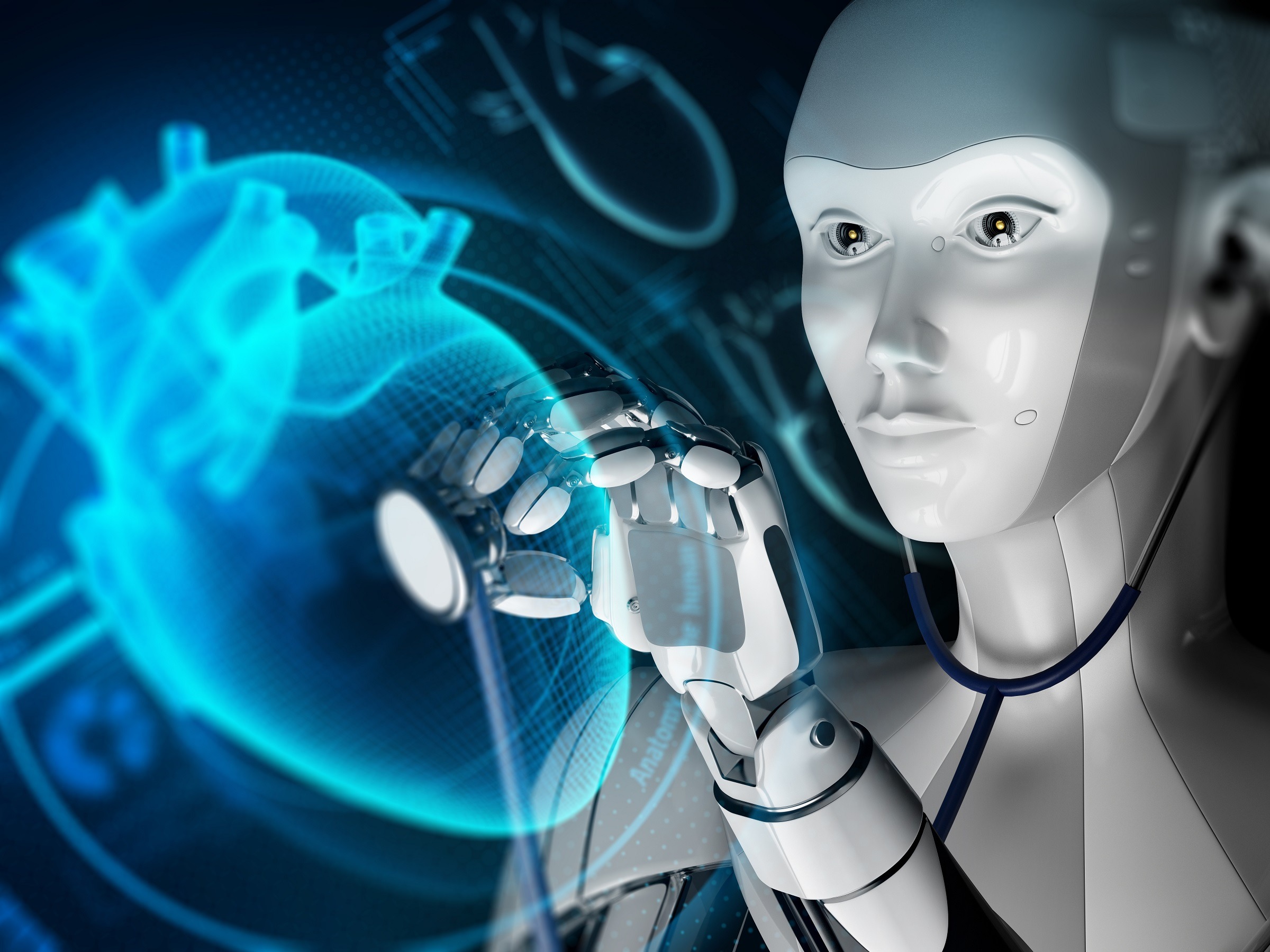
Artificial intelligence (AI)
Artificial intelligence (AI) is being used in a variety of ways in healthcare, from diagnosing conditions to developing treatment plans. AI algorithms can analyze large amounts of data, identify patterns, and make predictions based on that data. This can help healthcare providers make more informed decisions and develop personalized treatment plans. AI can also improve efficiency by automating repetitive tasks, freeing up time for healthcare providers to focus on more complex cases.
In conclusion, technology is playing an increasingly important role in modern healthcare, transforming the way patients receive care and healthcare providers deliver it. From telemedicine to wearable devices to AI, these advancements are making healthcare more accessible, efficient, and effective.


